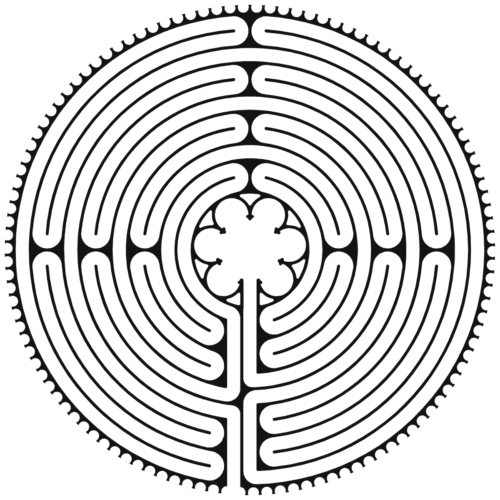
Aixa Y. Alemán-Díaz
Aixa Y. Alemán-Díaz is a Ph.D. candidate in the Department of Organization at the Copenhagen Business School. She is interested in the intersection of science, policy-making, and society. Her research examines expertise in US national STI strategies, focusing specifically within the realm of nanotechnology policy. She explores how science advisory groups writing policy for an emerging technology invoke particular ideas about science, research, and politics. She has over a decade of policy experience in the US (Executive and Legislative) and Europe (World Health Organization). She holds a BA and MPP from the University of Chicago.

Julia Amann
Julia Amann is a postdoctoral researcher at ETH Zurich, Switzerland. Her research focuses on the design and evaluation of emerging digital health technologies and the ethical frameworks that guide these processes. She is particularly interested in exploring new ways to foster the inclusive co-production of knowledge in digital healthcare. Julia holds a Ph.D. in Health Sciences and Health Policy from the University of Lucerne. She is on the research committee of the International Association for Communication in Healthcare and co-leads the Technologies for Public Health special interest group of the Swiss Society for Public Health.

Melina Antonakaki
Melina is a Ph.D. candidate in STS at the Technical University of Munich. Her dissertation explores how visions of regenerative biomedicine obtain social credibility in different political cultures, with a focus on public debates around research integrity & research productivity. She is particularly interested in how scientific actors construct their authority and social accountability, at times when they either endure or invite critical public attestation of established research conventions. Melina holds academic degrees in applied biology, history of philosophy & psychology and a Master’s in History & Philosophy of Science and Technology.
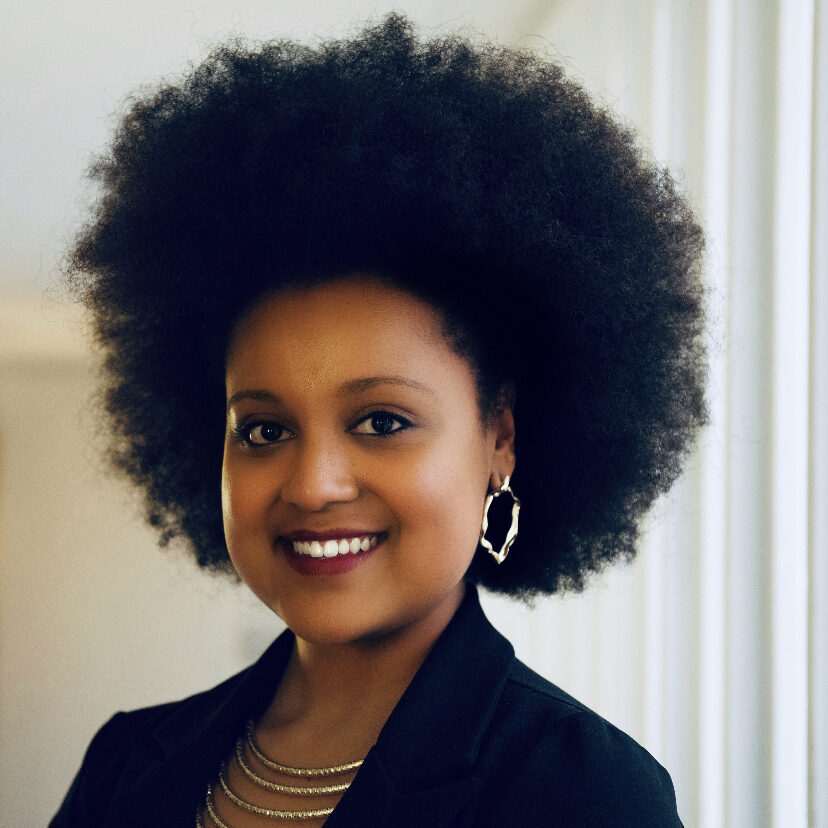
Leyatt Betre
Leyatt Betre is a Ph.D. candidate in security studies at Princeton University. Her dissertation examines the history and politics of weapons research and development in the United States, particularly in the domains of nuclear weaponry and undersea warfare. Her broader research interests include the historical relationship between ideologies of militarism and technological determinism, as well as the through lines connecting intellectual and transnational histories of anticolonial struggle and disarmament advocacy. She holds a BS in Physics and Political Science from MIT, where she previously conducted research in the Security Studies Program and the Kavli Institute for Astrophysics and Space Research.
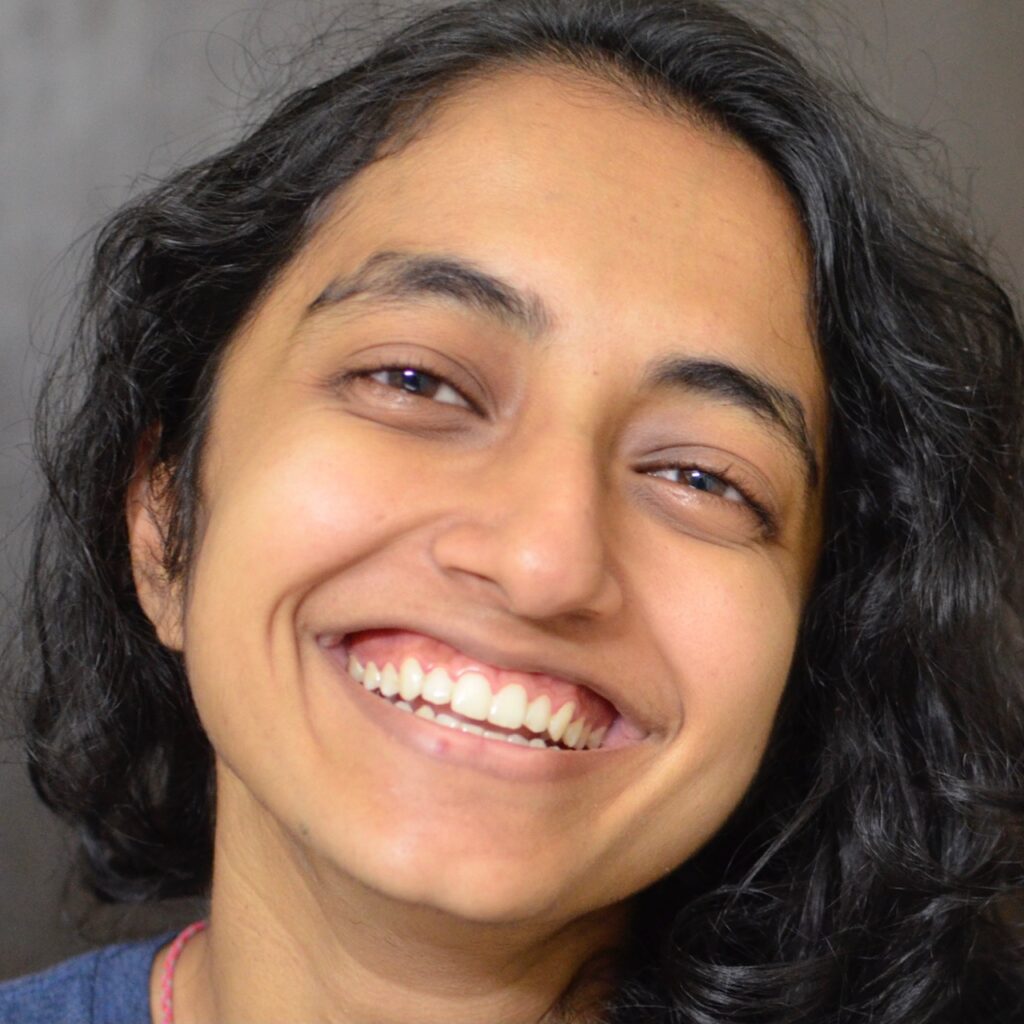
Kim Fernandes
Kim Fernandes is a joint Ph.D. candidate in Anthropology and Education at the University of Pennsylvania. They are interested in histories of classification and quantification in South Asia. Through their dissertation, they focus on the practices and politics of enumerating and identifying disability in India. Kim holds an M.S.Ed. in Statistics, Measurement, Assessment and Research Technology from the University of Pennsylvania, an Ed.M. in International Education Policy from Harvard University and a B.S.F.S. in International Politics (Honors) from Georgetown University.

Friederike Hartz
Friederike Hartz is a Ph.D. candidate in Geography at the University of Cambridge, researching the Intergovernmental Panel on Climate Change, its role and responsibilities in climate science and policy. Friederike has an interdisciplinary background in politics and science. She completed a Dual Master’s Program at Sciences Po Paris and LSE in International Affairs and an M.Sc. in Environmental Sustainability at the University of Edinburgh. Alongside her studies, Friederike was a parliamentary assistant in the German Parliament and interned at the UNFCCC. Currently, she works as a research assistant on climate change loss and damage at UCL.

Cornelius Heimstädt
Cornelius Heimstädt is a Ph.D. candidate at the Paris-based Center for the Sociology of Innovation (CSI). Drawing on STS and economic sociology Cornelius studies the epistemic and economic ramifications of an Indo-German digital agriculture project. His ethnographic research advances an understanding of digital agriculture that is centred on the effects that this socio-technical phenomenon has on the lives of microorganisms, plants, tech workers, and small-scale farmers. Overall, his project contributes to STS debates concerning valuations of nature, scientific visualization, and the manufacture of algorithms.

Wanheng Hu
Wanheng Hu is a Ph.D. candidate in Science and Technology Studies with an affiliation to the East Asia Program at Cornell University. His dissertation examines the use of machine learning (ML) algorithms to cope with expert tasks, with an empirical focus on the development of ML systems for medical diagnosis in China. He is particularly interested in the mutual shaping of expert practices and emerging technologies. Wanheng holds an M.Phil. in Philosophy of Science and Technology, an LLB in Sociology, as well as a B.Sc. in Biomedical English, all from Peking University.

Jongheon Kim
Jongheon Kim is a joint-committee Ph.D. candidate in political science and sociology at the University of Lausanne (Switzerland) and the University of Lille (France). His thesis examines the traveling vision of Big Neuroscience – how the particular vision has emerged, traveled, and been implemented in different contexts. To this purpose, it compares three cases, notably the Human Brain Project of the EC, the BRAIN Initiative of the US, and the Korea Brain Initiative of the South Korean government. His research also broadly covers ICT governance and AI governance in France, Switzerland, and South Korea.
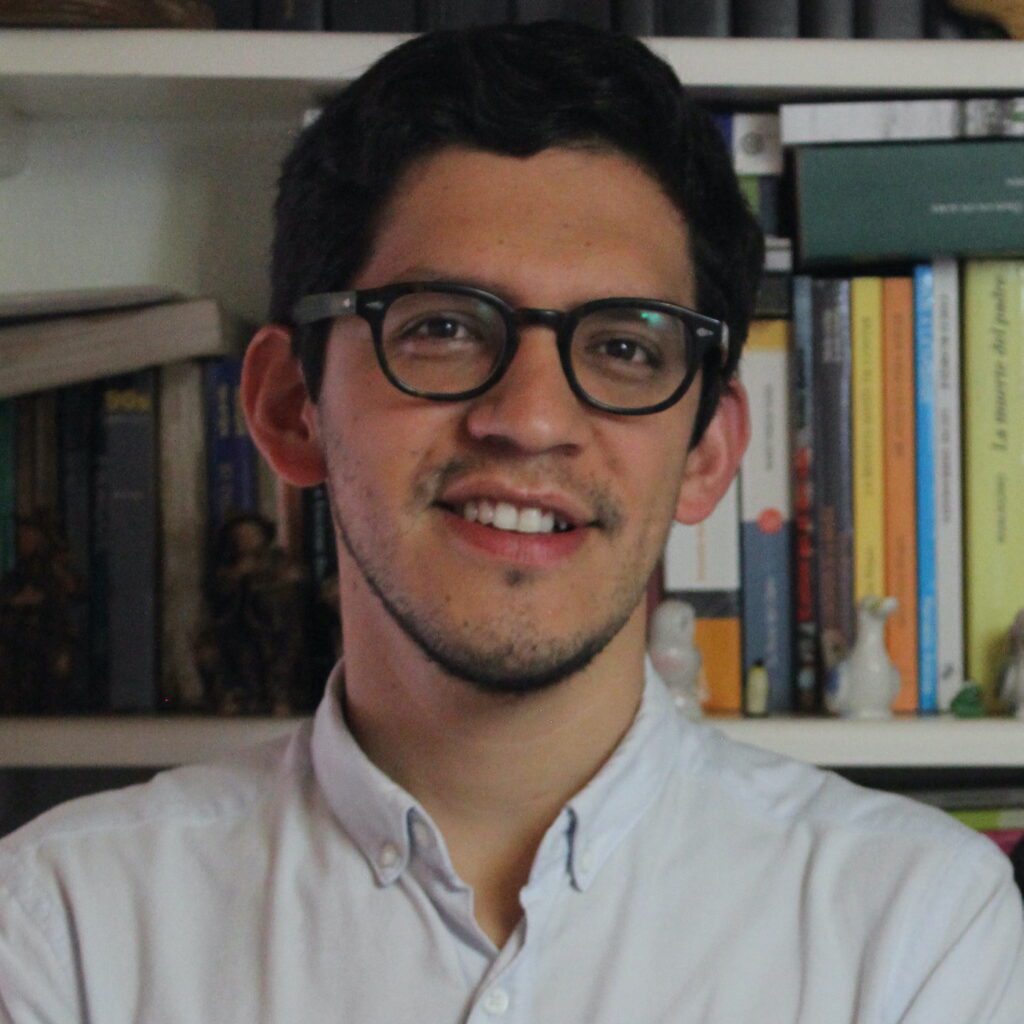
Jaime Landinez Aceros
Jaime is a Ph.D. candidate in Anthropology at Stanford University. His ethnographic research explores how scientific knowledge about biodiversity is mobilized as a means to secure post-conflict aspirations in Colombia, his home country. He studies how scientists, rural residents, and government officials produce, circulate, and use knowledge about biodiversity in regions impacted by the civil war. He holds a B.A in Sociology from National University of Colombia and an M.A in Political Science from Universidad de los Andes in Bogotá.
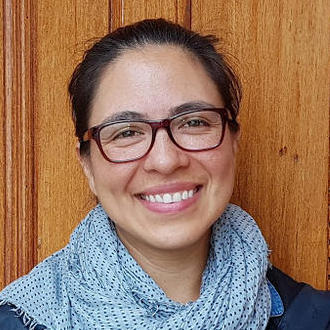
Dafne Lemus
Dafne Lemus is a Ph.D. candidate at the Centre for the Study of the Sciences and the Humanities (SVT) at the University of Bergen (Norway). Her overall research interest is about how scientific knowledge is used to inform policy-making in the context of expert dissent and controversy. For her Ph.D. dissertation, she analyzes controversies in health matters in connection to the regulation of so-called endocrine disrupting chemicals. Key to her research is the study of the appraisal of chemical risk, the assessment of uncertainty and the use of science for policy.
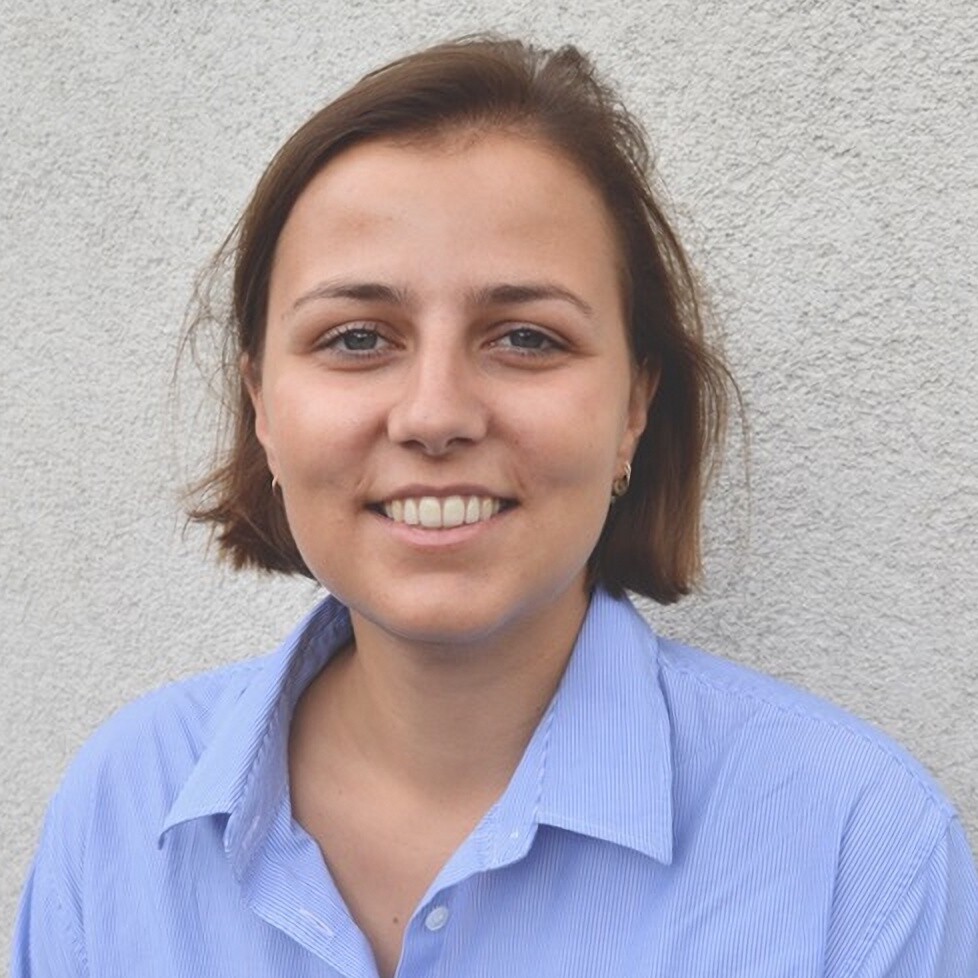
Elisa Lievevrouw
Elisa Lievevrouw is an FWO Ph.D. Candidate at the Life Sciences and Society Lab at KU Leuven, Belgium. Her dissertation examines how the boundary between medical and lifestyle digital health technologies is contested within EU and US health-policymaking practices. Drawing from qualitative research methods such as interviews, observations, and document analysis, she reflects on the way these controversies shape the further development of digital health technologies, while reconfiguring conceptualizations of (health-) expertise, evidence, and trust. Elisa holds a BA and MA in Sociology of KU Leuven, Belgium.

Timothy Y. Loh
Timothy Y. Loh is a Ph.D. candidate in HASTS (History, Anthropology, and Science, Technology, and Society) at the Massachusetts Institute of Technology in Cambridge, MA. Drawing upon medical anthropology, linguistic anthropology, and the social study of science, his ethnographic research examines sociality, language, and religion in deaf and signing worlds spanning Jordan, Singapore, and the United States. He holds a Bachelor of Science in Foreign Service (Culture and Politics) and a Master of Arts in Arab Studies, both from Georgetown University in Washington DC.

María Belén Lopez Castro
María Belén Lopez Castro is a Ph.D. student at the University of Buenos Aires. Her dissertation examines the emergence and professionalization of health informatics in Argentina. Her work focuses on the production of new institutions and technologies in Health, the construction of professional identities and roles, and controversies around health outcomes related to informational systems. She is a social anthropologist from the University of Buenos Aires where she is also a member of the Anthropology of Science and Technology research team.
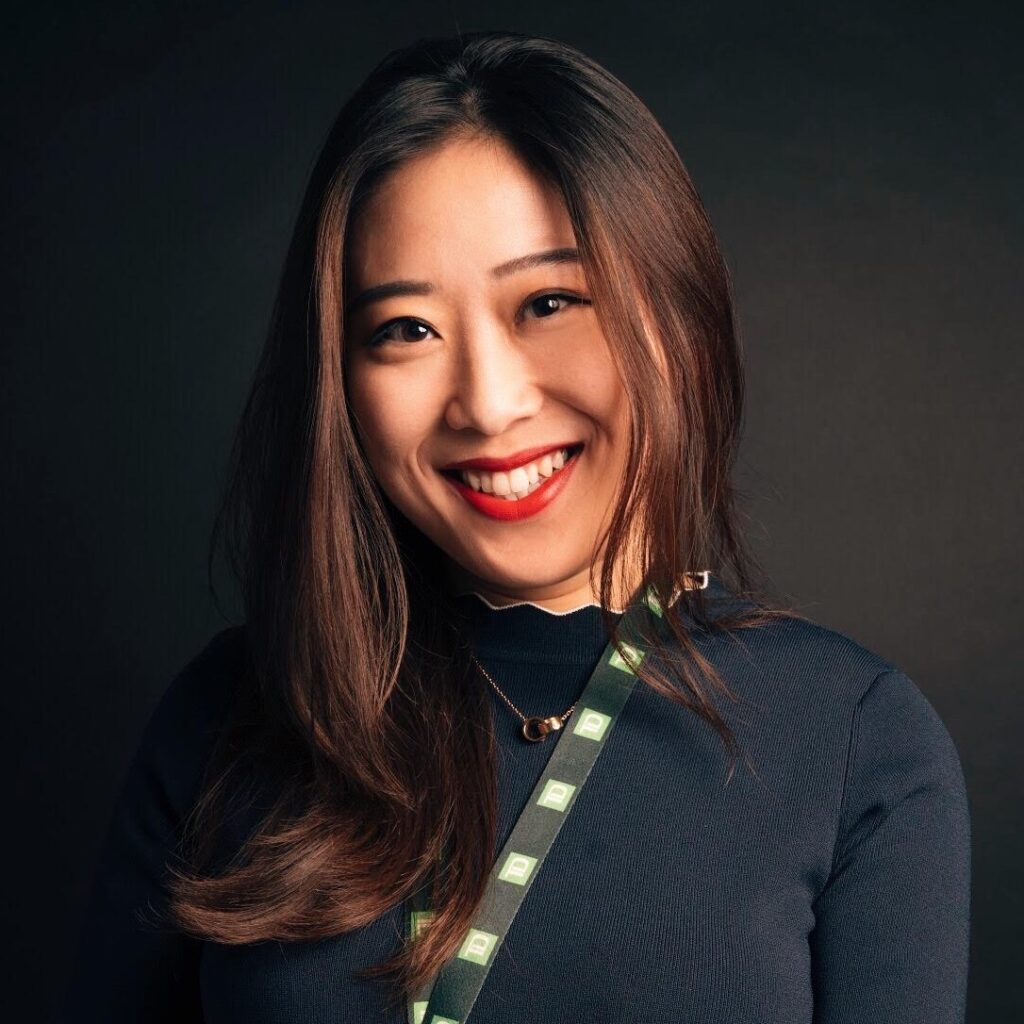
Katelyn Ma
Katelyn Ma is a Ph.D. candidate in Science & Technology Studies at York University in Toronto, where her research addresses the effective management and prevention of global cyber financial crime. Katelyn’s dissertation explores cyber-crime assemblage and examines how users and misusers shape fraud technologies, as well as corporate and government policies. Katelyn also has over six years of professional experience within the Canadian banking industry, where her work specializes in the detection, investigation, and management of financial crime, including leading anti-fraud training and managing financial technology and fraud claims.
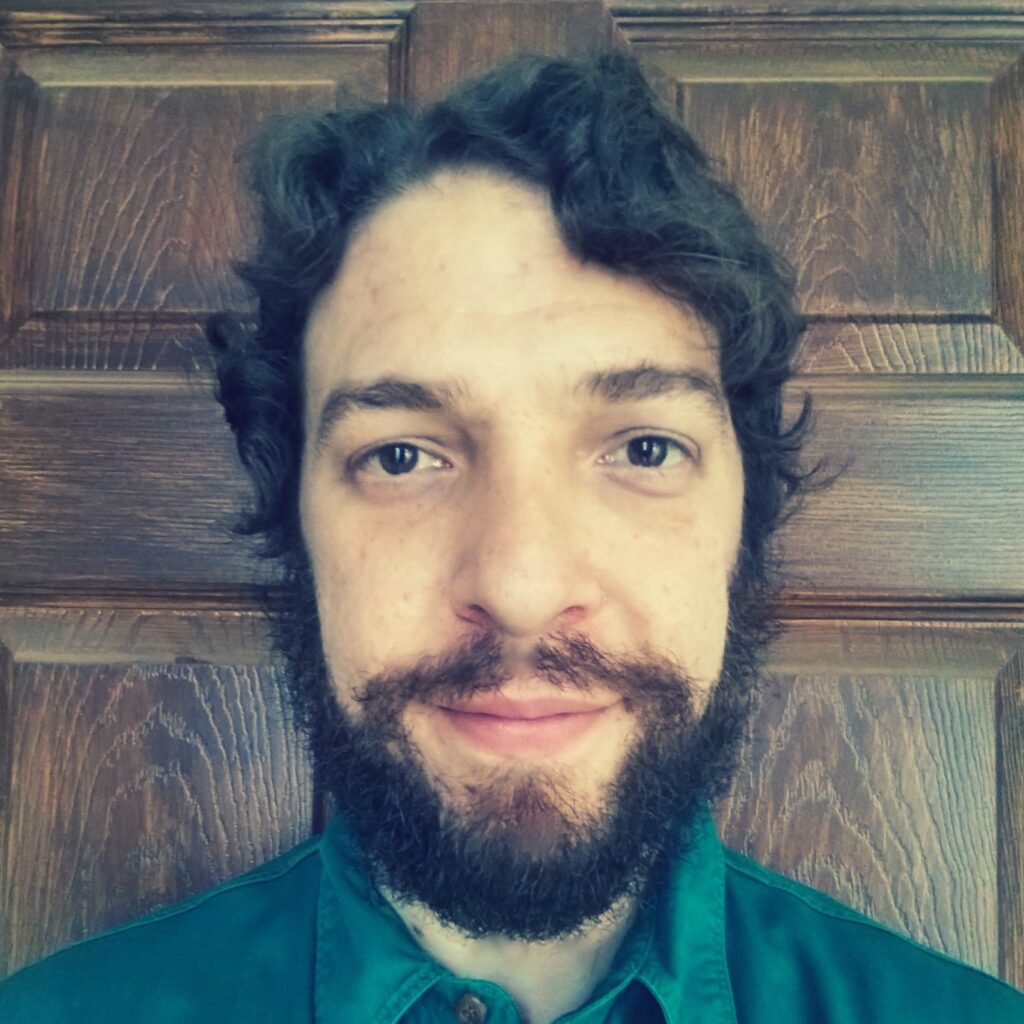
Octavio Mucino-Hernandez
Octavio Mucino-Hernandez is a Ph.D. student and Grad Research Associate at ASU. He studies the boundaries between human and non-human entities from bioethical and sociopolitical perspectives. His current project focuses on the ethics and sociotechnical imaginaries of human-animal chimeras. Octavio is interested in the political and interpretive dimensions of selfhood and sentience in actual and hypothetical beings and how they assemble settings of human and non-human cognitive selves; the interdependence between who is what and what is who is national and public imaginaries.
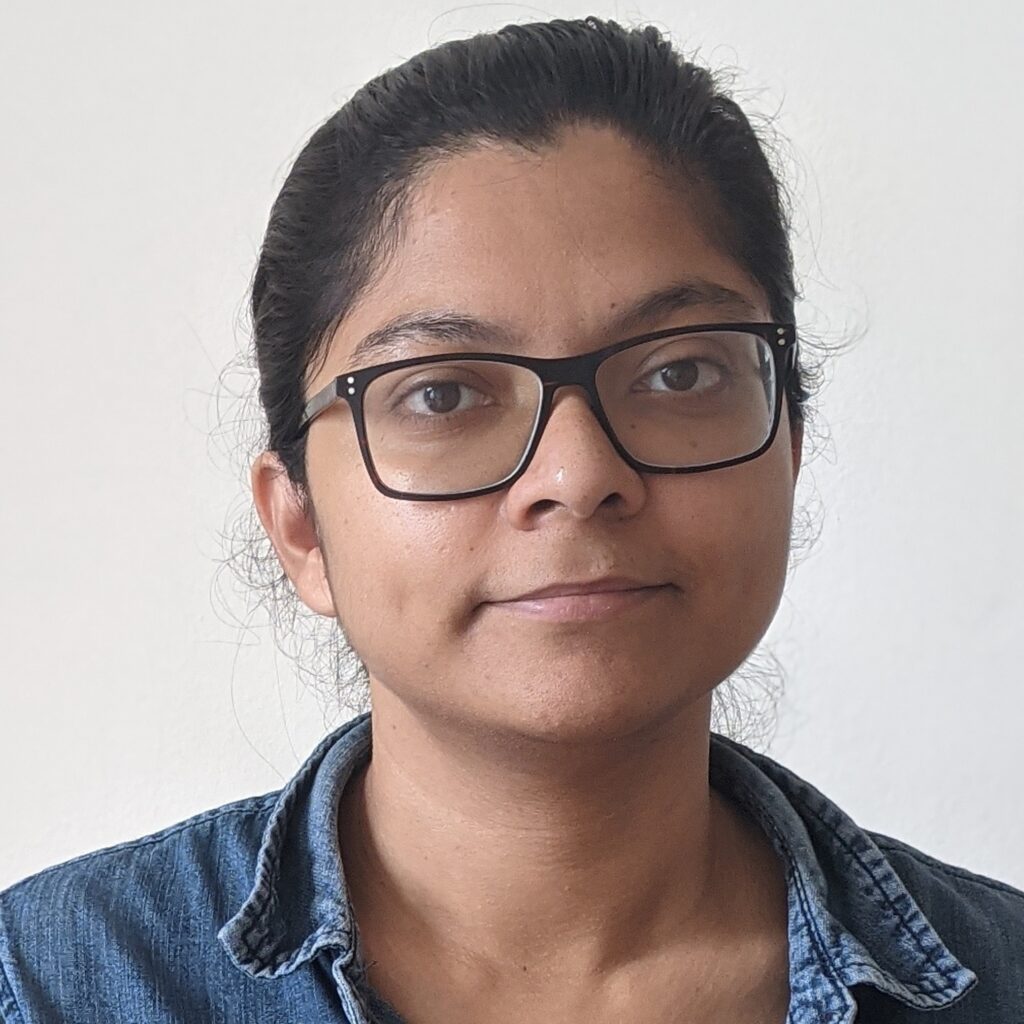
Uponita Mukherjee
Uponita Mukherjee is a Ph.D. student at MESAAS, Columbia University. Her doctoral research examines the history of criminal detection as an inter-disciplinary mode of knowledge production at the intersections of policing practices, legal inquiry, forensic scientific research and fiction writing in nineteenth-century British India. Her work looks to develop theoretical frameworks for analyzing the possibilities and challenges of collaborative epistemological work within knowledge networks that are distended by social and epistemological inequalities. Uponita holds an M.A. and an M.Phil in modern Indian history from Jawaharlal Nehru University, New Delhi.

Denise Naicker
Denise Naicker is a Ph.D. candidate in law at the School of Oriental and African Studies, University of London. Her dissertation examines the relationship between international law and nuclear technology. Her work broadly focuses on juridical prevarications or innovations when it comes to nuclear technology, and how political, legal and social issues are constructed which inform both the science and the law. She has over ten years’ experience working as an international lawyer in the oil and gas, shipping and technology industries.
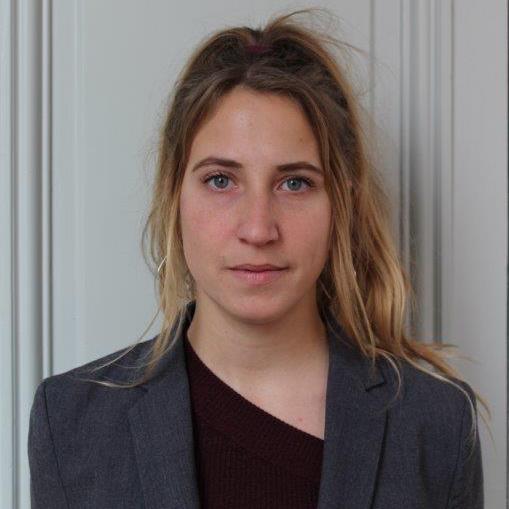
Cecilia Passanti
Cecilia Passanti is a Ph.D. candidate in Science, Technology and Society at the University of Paris. She holds an M.A. in Political Science, African Studies from Panthéon-Sorbonne University, an M.A. in History and Philosophy of Science from the École des Hautes Études en Sciences Sociales, Paris and a BA in Anthropology from the University of Siena. Cecilia’s dissertation focuses on digital electoral technologies in Africa (Kenya and Senegal) as fieldwork to explore the relationship between neoliberal market logics and those of electoral democracy. She is interested in government devices and how they affect political concepts and practice.

Martín Pérez Comisso
Martín Pérez Comisso is a Chilean Ph.D. student in Human and Social Dimensions of Science and Technology at Arizona State University. His main research explores the relations between images of technology and images of the future in Latin America. His methods oscillate between narrative analysis and dissection of prototypes and interventions. He holds a Bachelor and Master in Chemistry from the University of Chile, with an extensive teaching experience for over one decade in higher education, his goal is to make technological thinking more widely distributed.
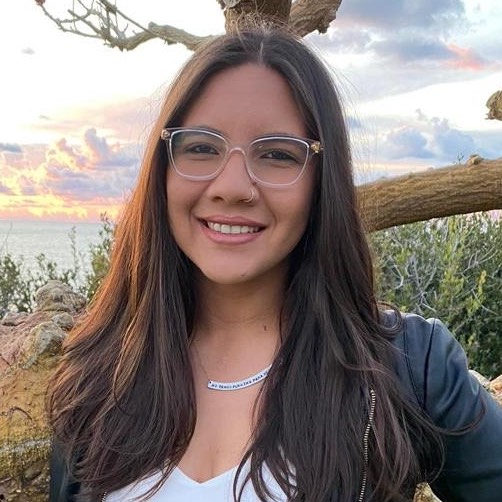
Yíamar Rivera Matos
Yíamar Rivera Matos is a Ph.D. student in the Human and Social Dimensions of Science and Technology doctoral program in the College of Global Futures at Arizona State University. He work contributes broadly to the intersection of energy studies, sustainable communities, alternatives economies, and justice studies. Her research uses ethnographic research to understand the dynamics of the transition from fossil to sustainable energy systems and capture local stories and narratives of how transitions impact and engage communities at a local level. Her current work is on solar energy technologies and bottom-up community solar energy transition in Puerto Rico.

Alejandra Ruiz-Leon
Alejandra Ruiz-Leon is a Ph.D. student in the Department of History and Sociology of Science and Technology at Georgia Tech. She is originally from Peru. Alejandra graduated from biochemistry and obtained her master´s degree in science communication and later in history of science. Her research focuses on science museums and science communication. She is passionate about making science more accessible, for which she has created science outreach projects like Piura con Ciencia, and Mitocondria in social media. She has a weekly column about science and society in an independent magazine in Peru and frequently collaborates with Peruvian media.
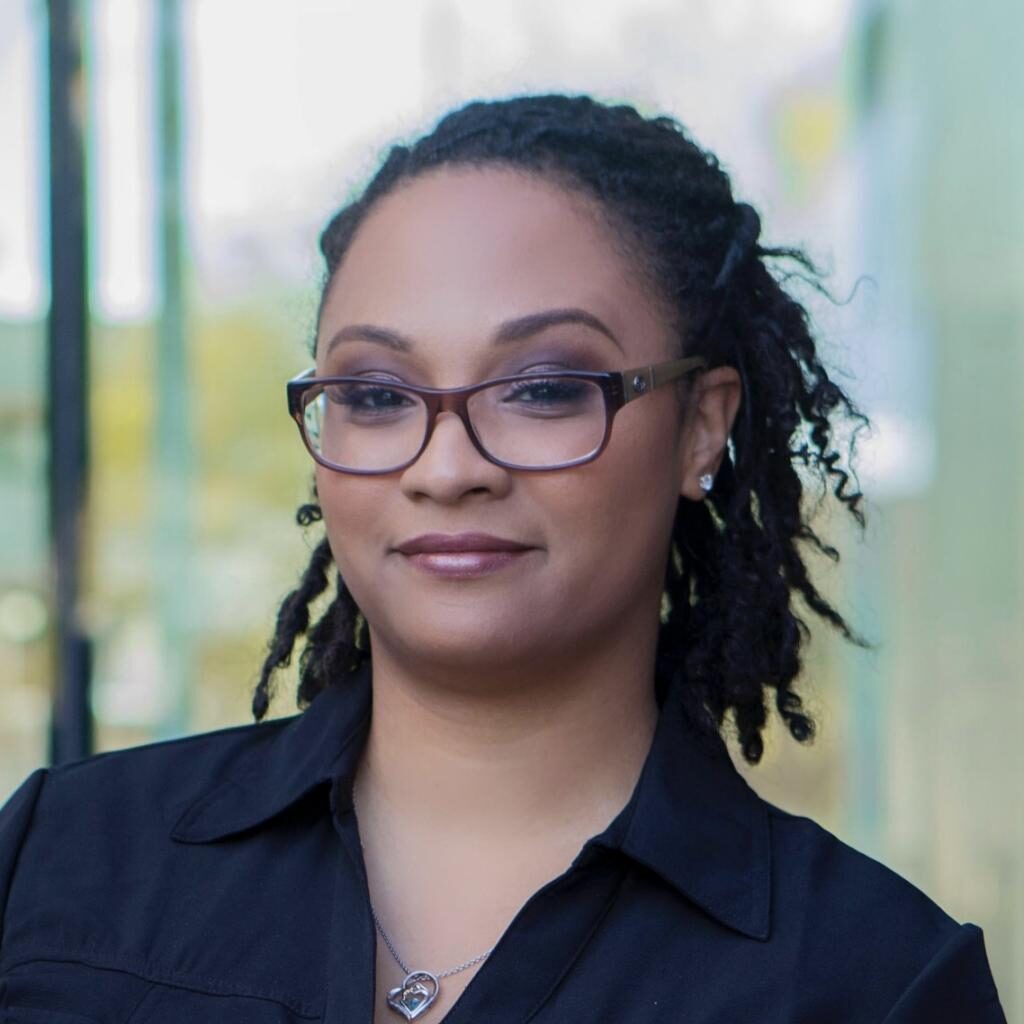
Maria Smith
Maria Smith is a fourth-year Ph.D. student in the Department of Sociology at the University of California, Berkeley, and a National Science Foundation (NSF) Graduate Research Fellow. She researches the way in which people deploy social and technical structures to make visible and actionable human differences. Primarily, her research conceptualizes and investigates the uses and social consequences of artificial intelligence and data surveillance in the criminal justice system. In addition, she teaches and mentors students on the importance of historical contexts, social structures of information, and the disparate uses of data in society.
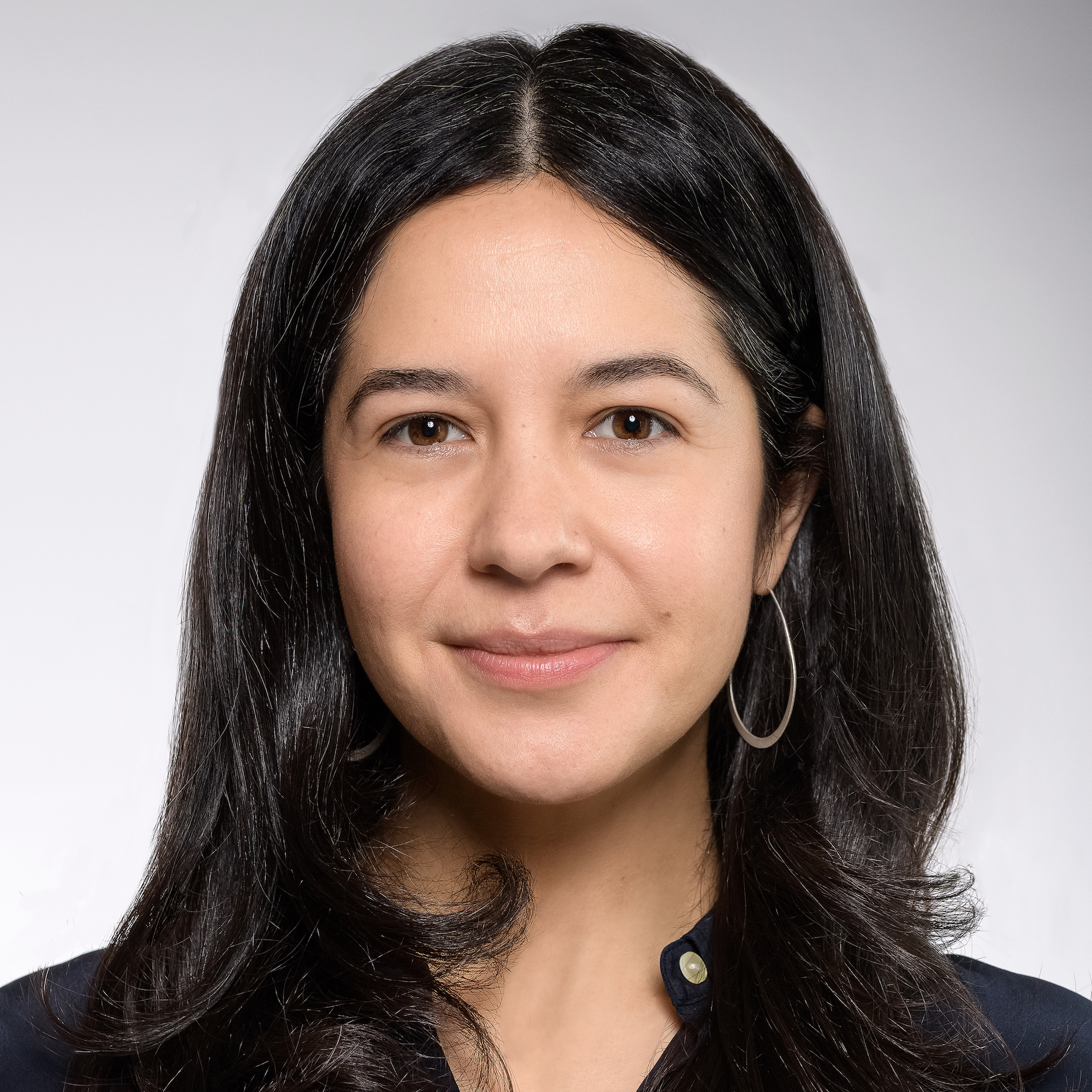
Emily Vasquez
Emily Vasquez is a Bridge to the Faculty Postdoctoral Fellow in the Department of Sociology at the University of Illinois Chicago. Her research examines how social inequalities are entangled with and reinforced by the production of expert knowledge and emerging technologies in the fields of biomedicine and public health. Supported by the National Science Foundation and the ACLS/Mellon Foundation, she completed her Ph.D. in sociomedical sciences and sociology at Columbia University, with a dissertation focused on the politics of “pre-disease” diagnosis in Mexico for diabetes prevention.

Samantha Vilkins
Samantha Vilkins is a Ph.D. candidate at the Australian National Centre for the Public Awareness of Science at The Australian National University. She holds a Bachelor of Science (Computational Science and Mathematics) and a Master of Science Communication, and has worked across both thrilling worlds of government metrics and government social media. Resultantly, her dissertation investigates quantification and civic epistemologies, particularly the tension of appeals to validity and reliability in the use of statistics in public reasoning amid increasing technological context collapses.
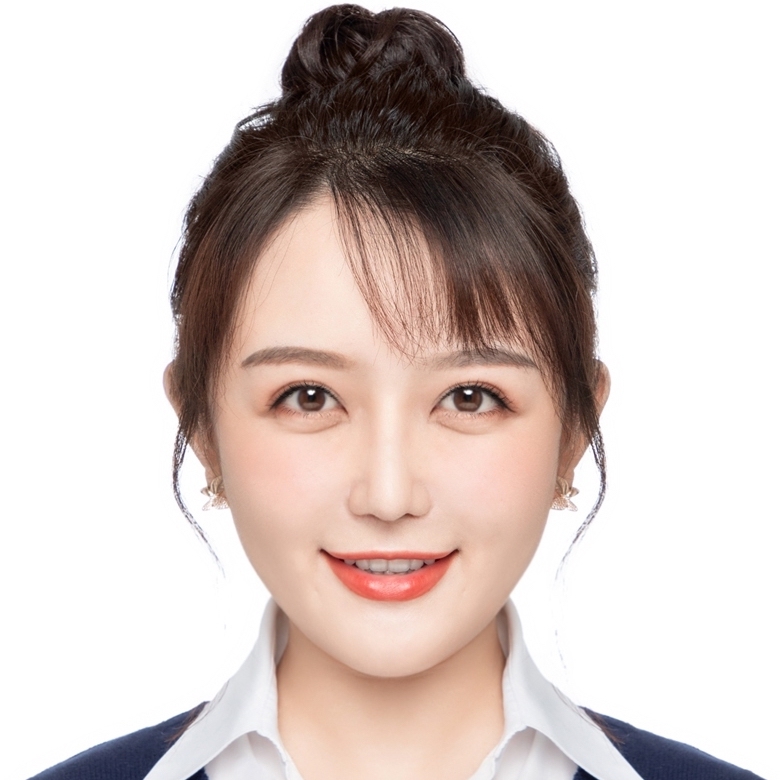
Qinyuan Zhang
Qinyuan (Cheer) Zhang holds a Ph.D. of Science and Technology Studies from the University College London, and a Master of International Relations. Her research focuses on the interdisciplinary projects like new technologies and international relations; STS and global security; military technology and arms limitation – particularly the study of chemical, biological and toxic warfare as well as policies for biotechnology. She has founded a cultural company and invested in high-tech startups. With experience in UN affairs, she would like to explore more on how to take good advantage of high-tech to achieve SDGs in the post-COVID-19 era.
We have to ask better questions in order to understand the current regimes of truth: but not in binary terms of true-false, expert-lay, scientists-citizens…I think we have to focus on the birth of new varieties of experts, new ways of assessing facts, new ways of defining risks.
Mariana, 2019 Participant

